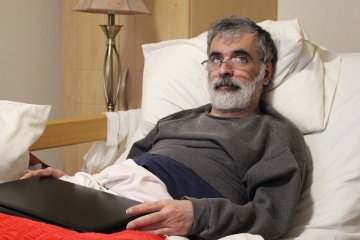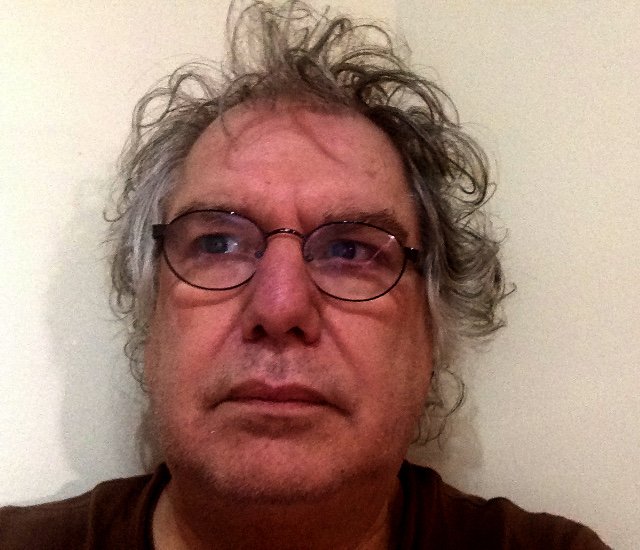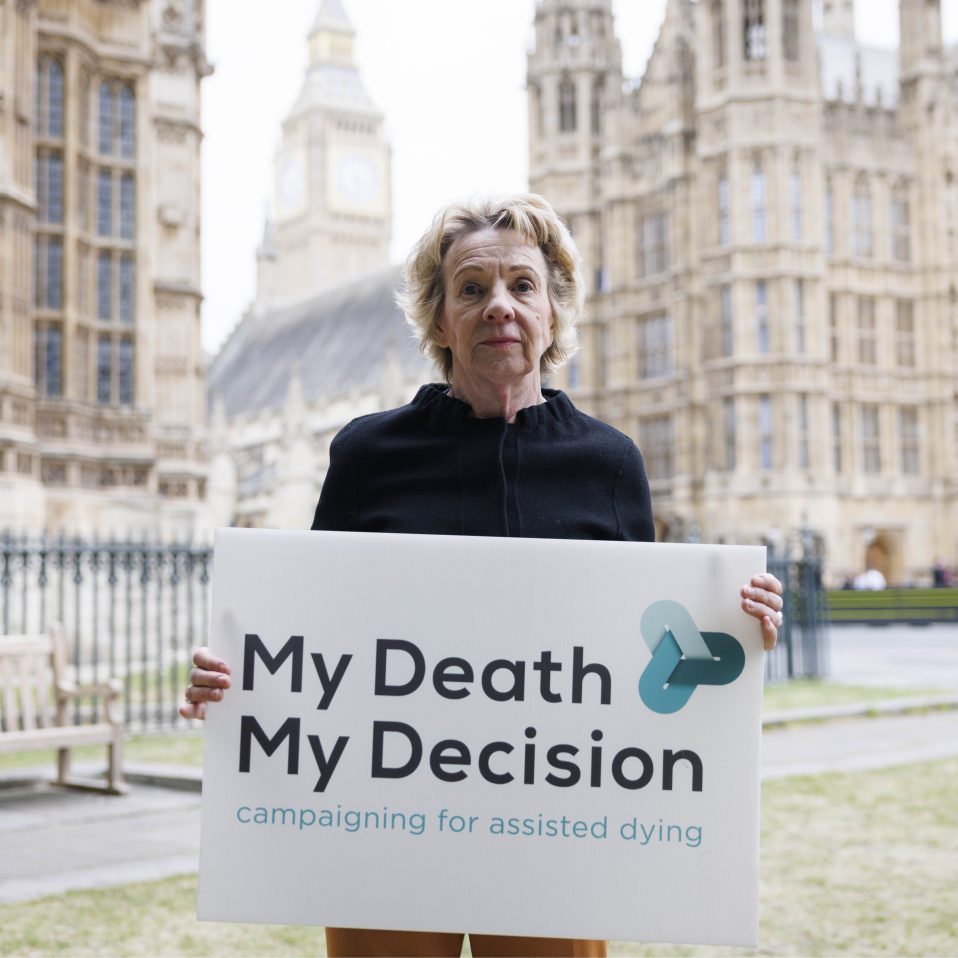A recent article in the Washington Post describes moves in Oregon, USA to try to extend their Death with Dignity Act to include help for those suffering from degenerative diseases such as Motor Neurone Disease, Parkinson’s and Alzheimer’s. Related discussions are taking place in other US states and in Canada. For example, a recent paper published in the academic journal Geriatric Nursing reports that 83% of a sample of elderly care nurses in Quebec were in favour of extending the Medical Aid in Dying legislation to include incompetent patients who are at the terminal stage of Alzheimer disease, show signs of distress, and have made a written request before losing capacity. In Ontario a recent legal case indicated a broader interpretation of the “reasonably forseeable” death requirement in their Medical Aid in Dying legislation, allowing it to cover someone with chronic osteoarthritis. In interpreting the law the judge explained “the natural death need not be connected to a particular terminal disease or condition and is rather connected to all of a particular person’s medical circumstances.”
The Oregon law has been in effect for 20 years without extension, but it is limited to those who have a life expectancy of six months or less, and who have sufficient mental capacity to make a clear life-ending decision. MDMD has consistently argued on behalf of those who are suffering unacceptably and incurably, but whose life expectancy is longer than six months. We are particularly concerned about those, like Alex Pandolfo, who suffer from dementia, which can be very unpleasant in its final stages, and is now the most common cause of death in England and Wales.
The Oregon law has been used as a model for right to die legislation in other US states, such as California and Colorado. An attempt to use the Oregon model for the UK was rejected by the House of Commons in September 2015. One of the arguments used by those who oppose even this limited form of right to die legislation, is that it would be the start of a “slippery slope” leading to much broader legislation in future. Is the current debate in Oregon and elsewhere evidence for this?
MDMD think not. However, it may be the next step along a carefully considered and difficult path towards a safe, compassionate and workable approach to dying in our modern world of advanced medical sophistication, where people live for much longer, but where more people are enduring a long period of suffering before their eventual death.
It is helpful to look back at other changes in legislation to see how they have been introduced. In 2018, in the UK, it is appropriate to consider the right to vote. This year we celebrate the 100th anniversary of women first gaining the right to vote. But not all women. Only those who were “over the age of 30 who were householders, the wives of householders, occupiers of property with an annual rent of £5, and graduates of British universities”. It was another 10 years before all women over 21 had the right to vote, bringing them in line with men, and not until 1969 when the voting age for both men and women was reduced to 18. Was this a “slippery slope” that should have been prevented? In 2018 it would be a brave person to suggest that it was. Rather, it was a cautious, step-by-step, considered, and hard-won campaign for equality and representation.
Another example of developing legislation is the introduction of the “horseless carriage”. In the early years, (1865-1896), for public safety, self-propelled vehicles had to be preceded by a pedestrian waving a red flag or a lantern. Since this was relaxed, cars (and their drivers) have caused much loss of life and serious injury. They still do. Importantly, the lives lost are not those of incurably suffering people who, after careful consideration of their likely future and the available alternatives, have decided that their best option is for their lives to end. Instead the lives lost in “road casualties” are predominantly those of healthy, active, often blameless, people whose lives are tragically cut short. Although a succession of legislative changes have improved car safety considerably, the risk is still there. Instead of banning cars, society accepts this risk, killing on average 5 people per day in Great Britain in 2016, and seriously injuring 66 people per day. This risk is far greater than even the worst fears of those concerned about the risks of possible abuse of any proposed assisted dying legislation. Was allowing self-propelled vehicles, and subsequently weakening the restrictive red-flag law a slippery slope that should have been resisted in order to protect vulnerable people: passengers; pedestrians; cyclists etc.? No, a balance was found which society deemed acceptable. Many laws were gradually introduced to improve road safety when the risks were found to be unacceptably high: driving tests; vehicle safety checks; compulsory wearing of seat belts; drink-drive limits etc.
Many analogous situations exist, for example legislation concerning gun control, where public safety, in particular protecting “vulnerable people“, has to be balanced against freedom of choice for the individual.
In considering what assisted dying legislation to adopt, and how any first step might later be extended, it would obviously be preferable to get the “right” law in the first place. In practice, in some jurisdictions, a cautious, step-by-step approach may be required. It is clear to MDMD supporters that the current Oregon law doesn’t go far enough, as it leaves many who suffer incurably and intolerably without the compassionate assistance to die they would like. We welcome the debate to broaden the Oregon law and wish the campaigners there success. We hope that the UK will learn from the Oregon experience and adopt a broader initial step, taking into account experience from other countries such as Switzerland, the Netherlands and Belgium.
What is also clear is that talk of “Slippery Slopes” is not appropriate in a serious discussion of how to introduce legislation which is both compassionate, in allowing people the options they want to avoid suffering at the end of life; and safe, in its protection of vulnerable people.










Recent Comments